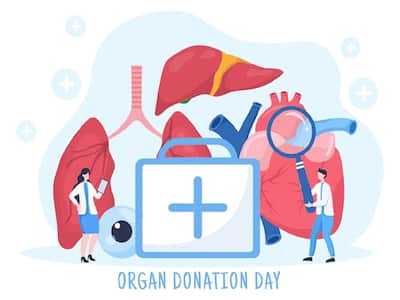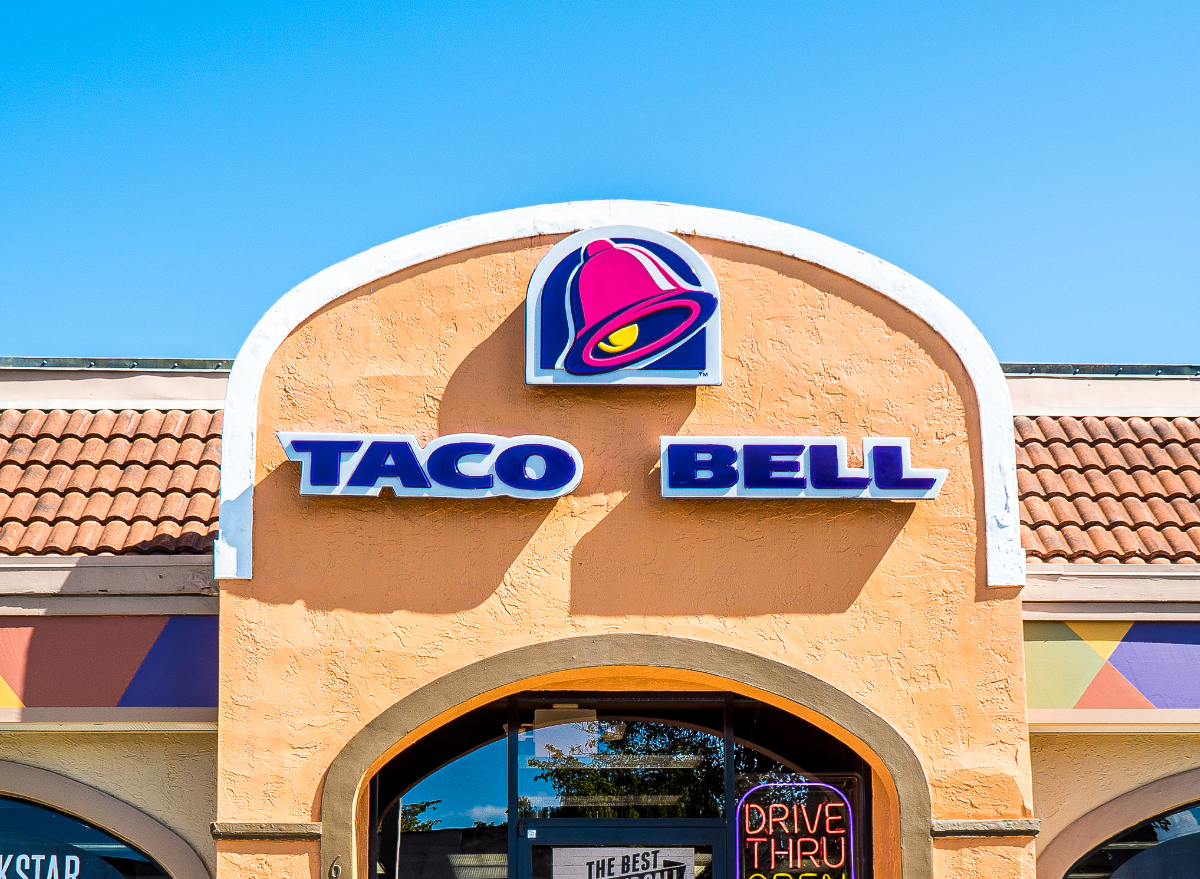
According to the World Health Organization (WHO), the demand for organ transplants far surpasses the supply, creating a crisis that affects patients and their families worldwide.
In a world characterized by medical advancements and technological breakthroughs, the glaring reality of the global organ shortage stands as a stark reminder of the challenges that persist in modern healthcare. With millions of lives hanging in the balance, the need for organ donations has never been more critical. As we observe World Organ Donation Day, it’s imperative to shed light on the enormity of this issue and the potential impact that increased awareness and action can have on addressing the crisis.
This day is officially observed every year on 13th of August. Lets us understand the importance of this day. According to a study published in Indian Journal of Critical Care Medicine, 69 percent students and healthcare professionals are aware of organ donation. The percentage is still very low and needs to improve. The level of awareness in rural India is even worse. Hence, there is a serious requirement of educating people and raising awareness regarding the significance of this day so that people are willing to participate.
The Global Organ Shortage
The statistics surrounding the global organ shortage are sobering. According to the World Health Organization (WHO), the demand for organ transplants far surpasses the supply, creating a crisis that affects patients and their families worldwide. Every year, around 50,000 people die waiting for a suitable organ transplant. These individuals are caught in a race against time, hoping for a chance at a second lease on life that an organ transplant could provide[i].
Dr. Ajitabh Srivastava (MS), DNB,ASTS,FACS) Director of Liver transplant & GI Surgery at Hepatobiliary surgery Akash Hospital spoke to TheHealthsite.com explaining the significance of this day and addressed how organ scarcity can be dealt with.
Raising Awareness
This day, aims to heighten awareness of the severe organ shortage and the life-changing potential of organ donation. By spotlighting stories of recipients whose lives have been transformed through transplants and paying tribute to the selfless donors who bestow the gift of life, this day underscores the immense power of collective human compassion.
A primary objective of World Organ Donation Day is to dispel misconceptions surrounding organ donation. Numerous individuals hold back due to misunderstandings about the process or religious beliefs. Nonetheless, organ donation stands as a profound act of altruism, capable of saving numerous lives and offering solace to grieving families. The occasion fosters individual and communal empowerment by encouraging informed decisions through open dialogues and the dissemination of accurate information.
The Role Of Legislation And Infrastructure
To overcome the organ scarcity situation, infrastructure and legislation are crucial. Countries use a variety of tactics to encourage organ donation, such as opt-out systems in which people are assumed to be donors unless they opt out. Some provide rewards, giving registered donors on transplant lists priority. High organ donation rates are a result of Spain’s combination of a strong infrastructure, public education, and healthcare-government cooperation.
READ RELATED: Costco Just Brought Back Its Most Popular Fall Dessert
Individual Empowerment And Collective Action
Individuals could effect change in the face of the organ shortage issue. We can give hope to individuals awaiting transplants and maybe save lives by registering as organ donors. Furthermore, educating ourselves about the donation procedure, sharing our preferences with our families, and addressing any concerns we may have will help to foster an open and compassionate society towards organ donation.
On World Organ Donation Day, we are reminded of our common obligation to make a difference as we focus on the global scarcity of organs and the lives touched by it. Organ donation organisations and healthcare institutions can work together to raise awareness, remove myths, and create dialogue. Governments can create rules that encourage donation and make the transplant process more efficient. And as individuals, we can see the enormous influence we may have by giving the gift of life to those in need.
The act of giving an organ signifies a tremendous advancement in a world when medical advancements are frequently lauded; an advancement that cuts beyond boundaries, nations, and backgrounds to unite us all in our shared humanity. Let’s join as World Organ Donation Day approaches to close the supply-demand gap for organs, demonstrating that we have the ability to save lives.
[1]
Total Wellness is now just a click away.
Follow us on
Don’t Miss Out on the Latest Updates.
Subscribe to Our Newsletter Today!
window.addEventListener(‘load’, (event) => {
$(‘#commentbtn’).on(“click”,function(){
(function(d, s, id) { var js, fjs = d.getElementsByTagName(s)[0]; if (d.getElementById(id)) return; js = d.createElement(s); js.id = id; js.src = “//connect.facebook.net/en_US/sdk.js#xfbml=1&version=v2.3”; fjs.parentNode.insertBefore(js, fjs);}(document, ‘script’, ‘facebook-jssdk’));
$(“.cmntbox”).toggle();
});
});









